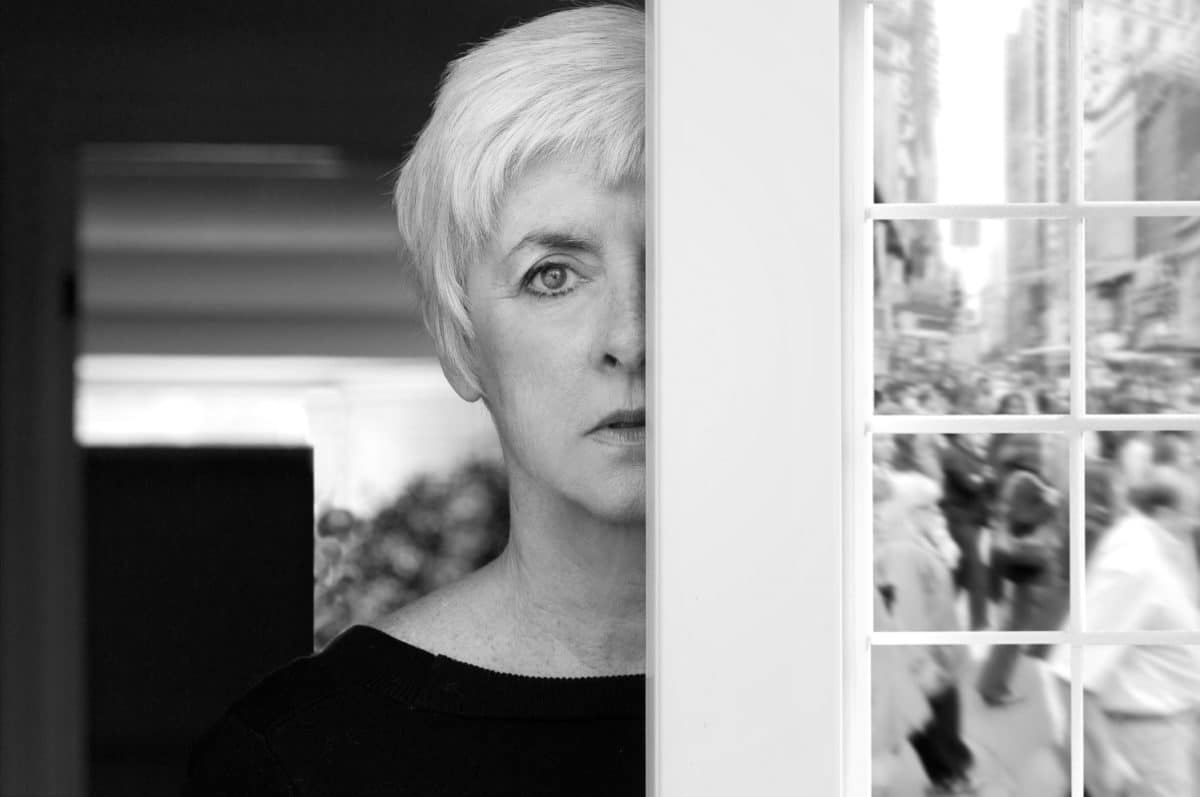I like to hear – because with help, I can.
And I can because I want to – and I want to because I’ve known what it’s like to hear reasonably well. I know the world of sounds, in all its deliciousness and its hideousness, and I understand the magnitude of sound’s ability to empower and connect. That’s why, living with profound hearing loss, I want to hear as well as I can.
Today, I have very little residual hearing. And “very little” means that, unaided, all I can hear is a loud slam of a door – IF the door is in the same room as me. That’s it, the sum of my natural hearing ability.
But I have resources that help me hear more and to understand, which is what humans really want to do. Technical resources are exciting, even though they turn me into a battery-operated person. Just as important are the non-technical strategies such as visual interpretation and being able to express our needs. Also, obtaining clear speech from them that’s doing the talking, willingness to work at developing better communication habits. Simple stuff like that.
But why is hearing so important to me and for most other people with hearing loss? Perhaps because there was a time when we could hear – maybe not perfectly, but certainly better than we do now and we want that back. When we lose our hearing, or part of it, we lose the easy connection to other people. It’s like the water has been turned off, the power has gone out, the well runs dry, a fuse has blown. Sound is diminished, or even eliminated completely and this means how we understand is compromised.
Many people who identify as having hearing loss use a signed language as their main means of communication and to them, the loss or deterioration of sound may not have the same impact or meaning. But I’m writing about those of us, the vast majority of people who have hearing loss, who use spoken language to express and receive our thoughts, intents, and feelings. Because we have known it and used it, we value the sense of hearing as our most powerful, natural connector to other people. And when we combine what we hear with what we see, our comprhehension skyrockets.
Why else is being able to hear important, especially to a person who may have lost it? It makes us feel safer. We feel included – in a conversation and in shared sounds – laughter, rainfall, anything that makes noise.
We don’t need to hear perfectly to appreciate life’s acoustical gifts. And not being able to hear well doesn’t make us lesser than a person with pristine hearing.
If being able to communicate better is important to you – you have options. Find out what they are and go after them.







As always Gael, you hit the nail on the head. Wonderfully said.
Thanks, Wendy!
This is one of the best articles I’ve ever read on hearing loss. It sums it up very neatly and in terms hearing people can understand. Thanks for posting it.
Thank you, Reid!
I agree with Reid. This is such a common-sensical way describing what we experience. Thanks Gael.
Mike
thanks Mike!
What a great article! Perfectly said!
Susan, I’m glad you enjoyed it!
Gael, I am seconding exactly what Wendy had to say because you always seem to know exactly what to say.
Hi Betty- thank you. I’ve lived with it a long time, so plenty of time to figure it out. Still working on it, though!